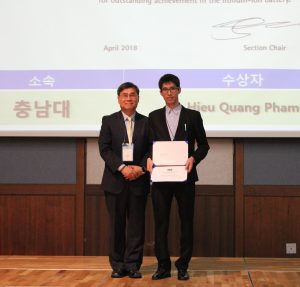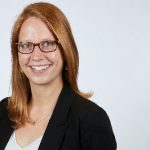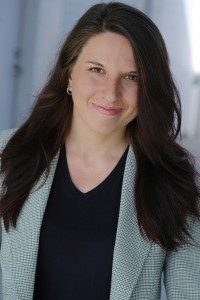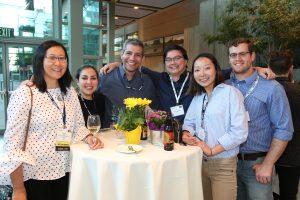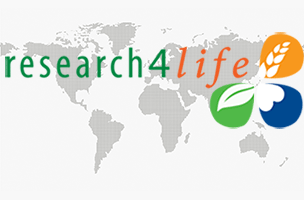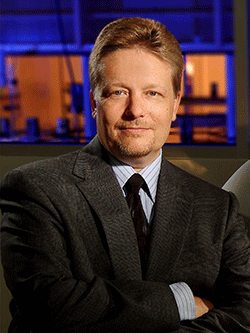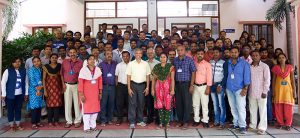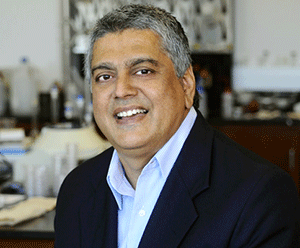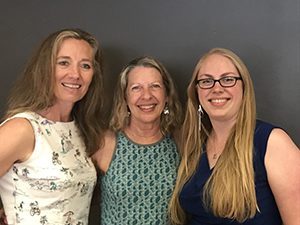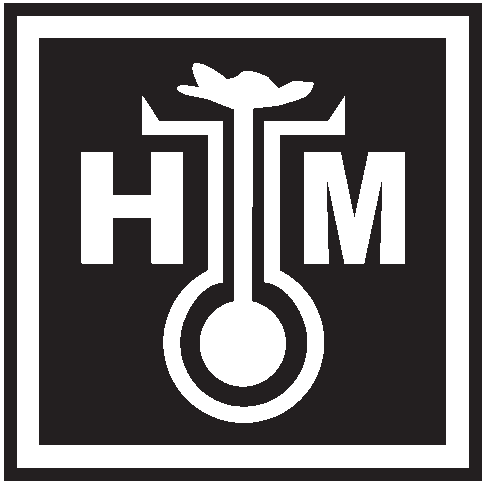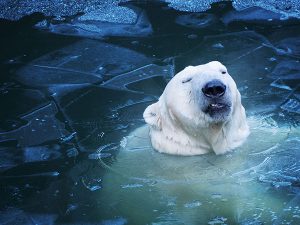 According to Science Magazine, a new science adviser may soon join President Donald Trump’s team. Trump announced on August 2, that he intends to nominate meteorologist Kelvin Droegemeier, a university administrator and former vice-chair of the governing board of the U.S. National Science Foundation, to be director of the White House Office of Science and Technology Policy. This decision made after 560 days, double the amount of time taken by any other president to name a White House Office of Science and Technology Policy director.
According to Science Magazine, a new science adviser may soon join President Donald Trump’s team. Trump announced on August 2, that he intends to nominate meteorologist Kelvin Droegemeier, a university administrator and former vice-chair of the governing board of the U.S. National Science Foundation, to be director of the White House Office of Science and Technology Policy. This decision made after 560 days, double the amount of time taken by any other president to name a White House Office of Science and Technology Policy director.
Droegemeier’s position would mean advising the president on technical issues and overseeing coordination of federal science policy. With Droegemeir in office, the science community has high hopes for the future of climate change and his ability to advocate for it.


